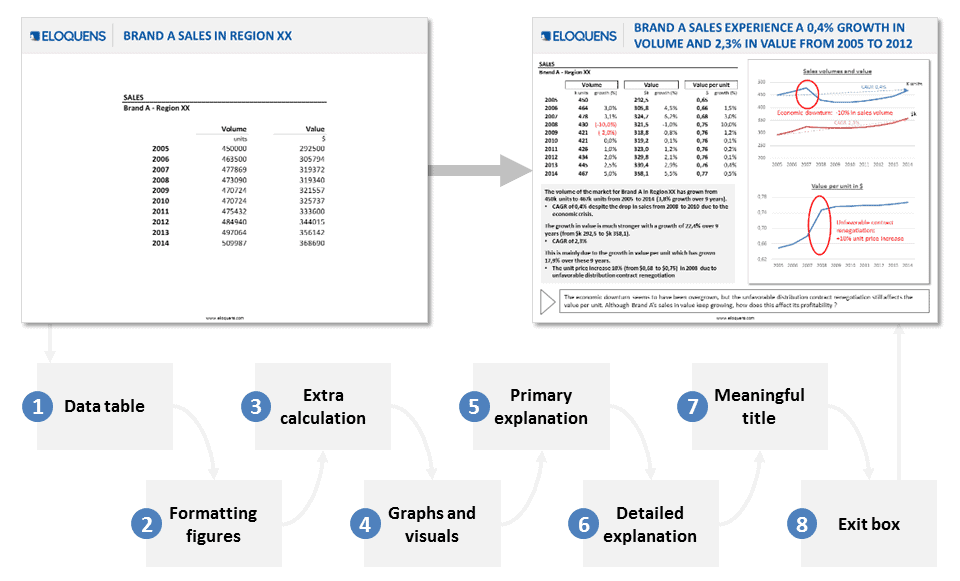Presenting at the C-level: Body Language Tips
This is not another article telling you not to leave your hands in your pockets or to stand with an ‘open’ stance. There is an awful lot of ink spilled on relatively obvious points about how to conduct yourself in a formal presentation scenario, and they have their place. Instead, this is the first in our new series on how to present to the C-level.
If you are presenting at or to the C-level, the chances are you are already a highly experienced professional, consultant or entrepreneur. At this level the stakes are so high that marginal gains can be critical gains. Just as in motorsport or professional cycling, these small gains can be the difference between winning and losing. In this first piece we’ll be having a look at a few areas of your body language that could give you the extra edge you need at the C-level.
Hold yourself like a leader
If you’re presenting to the C-suite, it’s going to be critical that you know what you’re talking about. And it’s going to be just as important that you look like you know what you’re talking about. Studies have shown time and time again, that persuasion is as much about confidence as it is content. Having said that, the best way we’ve found to feel sure of yourself, is to be absolutely confident of what you’re saying. Rock solid data and nuanced conclusions are an essential foundation. But even if you have the perfect presentation, this will be marred if you look scared and don’t speak up clearly.
Look like you enjoy it
We’ve probably all come across senior professionals from time to time who leave us in awe of their capabilities. There’s a lot we can learn from these people, both in terms of their work and the way they present themselves during crucial discussions. The most impressive operator I have ever had the privilege of knowing makes decisions about where one of the world’s largest energy company drills or explores. Now what separates him from the rest is two-fold. Not only does he have an instinctive eye for where to focus the lens of his attention when shown a vast array of information, but he always looks like he enjoys discussing these high level strategy decisions. The lesson here is that if you can find a way to enjoy a high level discussion for its own sake, as an intellectual challenge, as an opportunity to prove yourself, then you will probably start to exude an air of leadership too. So many of these best practices are really virtuous circles that tie in with your whole philosophy of work.
Look alert
At the C-level you can expect a great deal more interruptions than you might in an ordinary meeting. At this level time is in ever dwindling supply in relation to the enormous number of responsibilities. Again at this level you are going to be facing a larger amount of scrutiny from those who should be at the top of their game. Faced with this, its imperitive that you look alert. You do not want to seem half-baked. You want to seem alert and prepared. There is however a big difference between alertness and nervousness. That feeling you get after two large cups of strong coffee — that’s nervousness and it isn’t going to do you any favors in the board room. Alertness on the contrary is about being prepared for interruption and being ready for a board-member to drill down into a topic. You can prepare for this in advance by anticipating which topics are going to receive most critical attention and having a deep well of knowledge on those topics. This will enable you to use the interruption as a welcome opportunity to show your thoroughness.
Own the space
To look like a leader you will need to behave like one. Use the space around you in a purposeful manner. When you move your body, do so in a relaxed but definite way. You do not want to look like your simply moving because you don’t know what to do with yourself. When you’re presenting, your audience will naturally allow you a certain amount of space. This is an opportunity for you to claim the space as your own. Look like you own it, by the way you hold yourself and move around in that space. When you move around do so in such a way that it doesn’t look random, but like you are trying to illustrate different aspects of the white-board or trying to connect with a different section of your audience. As we said with our second point, if you look like you’re enjoying yourself and enjoying the opportunity to showcase your hard work, the chances are that your audience will go along with you.








Leave a Reply
Want to join the discussion?Feel free to contribute!